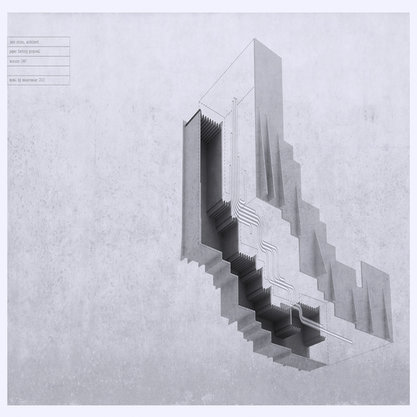Article
Heifetz-Tussman, Malka (1893–1987) By Koenig, Raphael
Article
Malka Heifetz-Tussman was a twentieth-century American Yiddish poet. She was born in 1896 in the region of Volyn in Ukraine (then part of the Russian Empire), and immigrated to the USA with her family in 1912. Unlike Celia Dropkin (1887–1956) or Anna Margolin (1887–1952), Heifetz-Tussman was not based in New York, the major centre of Yiddish literary creation in America. Instead, she lived in Chicago and Milwaukee, taught Yiddish language and literature at the University of Judaism in Los Angeles, and eventually settled in Berkeley, California, where she remained until her death in 1987. She received the Itsik Manger Prize for Yiddish Literature in 1981. Inspired by Walt Whitman, her poems strike a balance between a concise, dense writing style, and a quest for simplicity and accessibility. Her work focuses on the sensory experiences of the lyrical ‘I’ as it encounters the natural world, reaching an intensity often expressed in mystical terms. Although never directly engaging with the experience of the Shoah, she thought of her poetry as an act of resistance and uncompromising affirmation of her right to exist.


